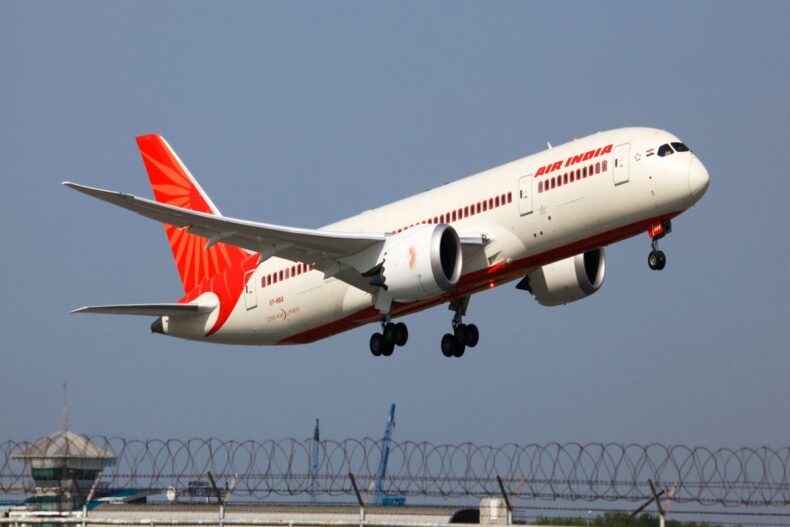Airlines Tata Group Air India and AirAsia India have signed an Airlines Tata Group Air India and AirAsia India have signed an interlinear consideration agreement (IROPs) that will allow the two companies to transfer passengers only in the event of a disruption. that will allow the two companies to transfer passengers only in the event of a disruption.
While this is the first official step directed at the two airlines in the portfolio of airlines Tata Group that work together after taking over Air India, it is also a step towards implementing a plan to integrate AirAsia India with Air India eventually. In a letter released Friday by regional airline Air India, the airline noted that the agreement – which will take effect until February 9, 2024 – will only apply to domestic sectors and will be used to transport passengers based on “as available.”
Airlines often enter into such interline agreements with other airlines, especially on routes where they use a limited number of airlines to prevent disruption to passengers in the event of a disturbance. These interruptions may occur due to unforeseen circumstances such as delays, cancellations, flight delays.
“The plan will enable Air India and AirAsia airports to provide more accessible flights to reduce passenger inconvenience,” the letter said.
After controlling the ai and ai express late last month, the tata group now has four airlines in its place. As a result of the new owners’ decision to improve AI performance on time or keep track of time, the February 2022 agreement states that flying in India “should not affect the reception of trapped passengers” of AAIPL.
Irregular Operations (IROPs), as defined by the International Air Travel Association (IATA), is a business entity designated by an airline or sub-agency representing airlines where disruption on the day of departure or the day before release renders the customer unable to operate (airlines). Irregular Operations (IROP) may include flight delays, cancellations, weather delays, equipment problems, location limit, flight congestion, plane crash/crash, security concerns, migration problem, over-the-counter flight, boarding delays, staff shortages, or other staff issues.
Typically, selection agreements are signed between airlines to assign customers to another airline, where they offer their customers to another airline to deliver them without hassle. In such cases, airplanes often book customers at another airline, where they may not operate their aircraft. Prices paid by airlines are lower than the market prices for these last-minute tickets.
Here are some key terms of the agreement:
· Fixed rates will be charged based on sector level and apply to CUTE, PSF, ASF, UDF/ADF, service tax / GST, and any other applicable taxes or levies.
· As indicated on the first Transfer Airline ticket, the Airline Grant will apply to passengers accepted by Receiving Airlines. Any overloaded purchases with confirmed bookings will be charged on the airline’s acceptance policy.
· If passengers are transferred from AirAsia India to Air India, transfers will be made 3-4 hours before flight operation. Air India passengers wishing to be upgraded to meet the ‘Get Upfront Scheme’ will be prioritized for passengers moving from AirAsia to the Air India business class.
AirAsia India and Air India have signed a Memorandum of Understanding, which will allow both parties to transfer their passengers to another carrier in the event of a plane crash. The first sign of a partnership between the two airlines is Tata Group.
Edited by- Subbuthai Padma
Published by- Radhika. N













